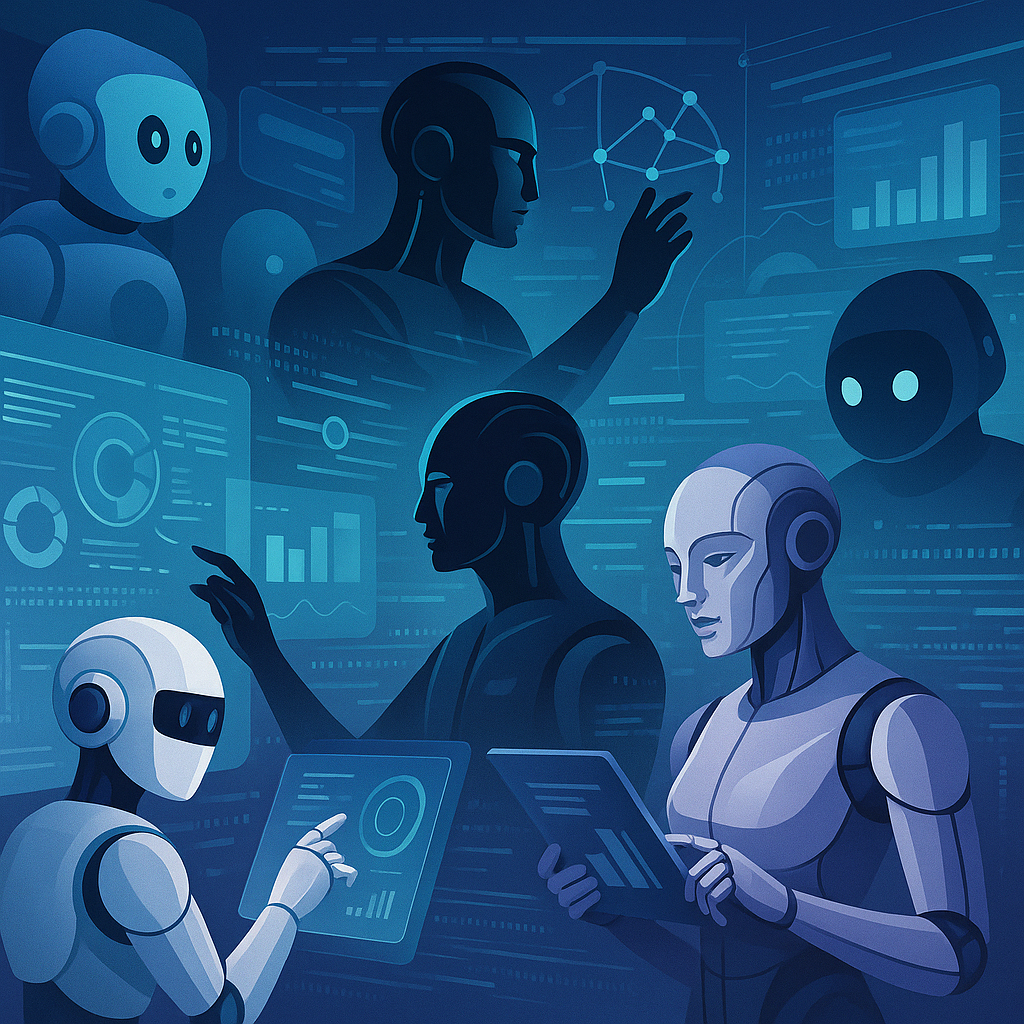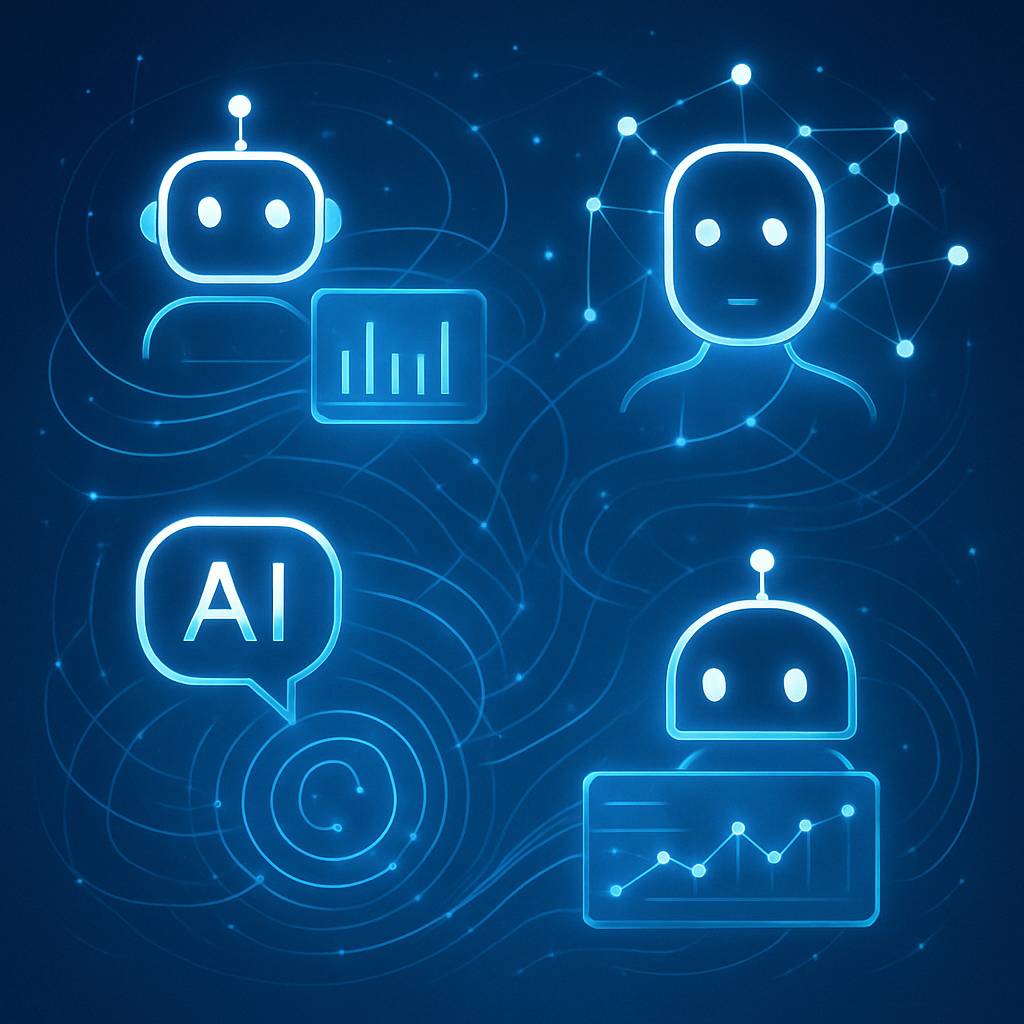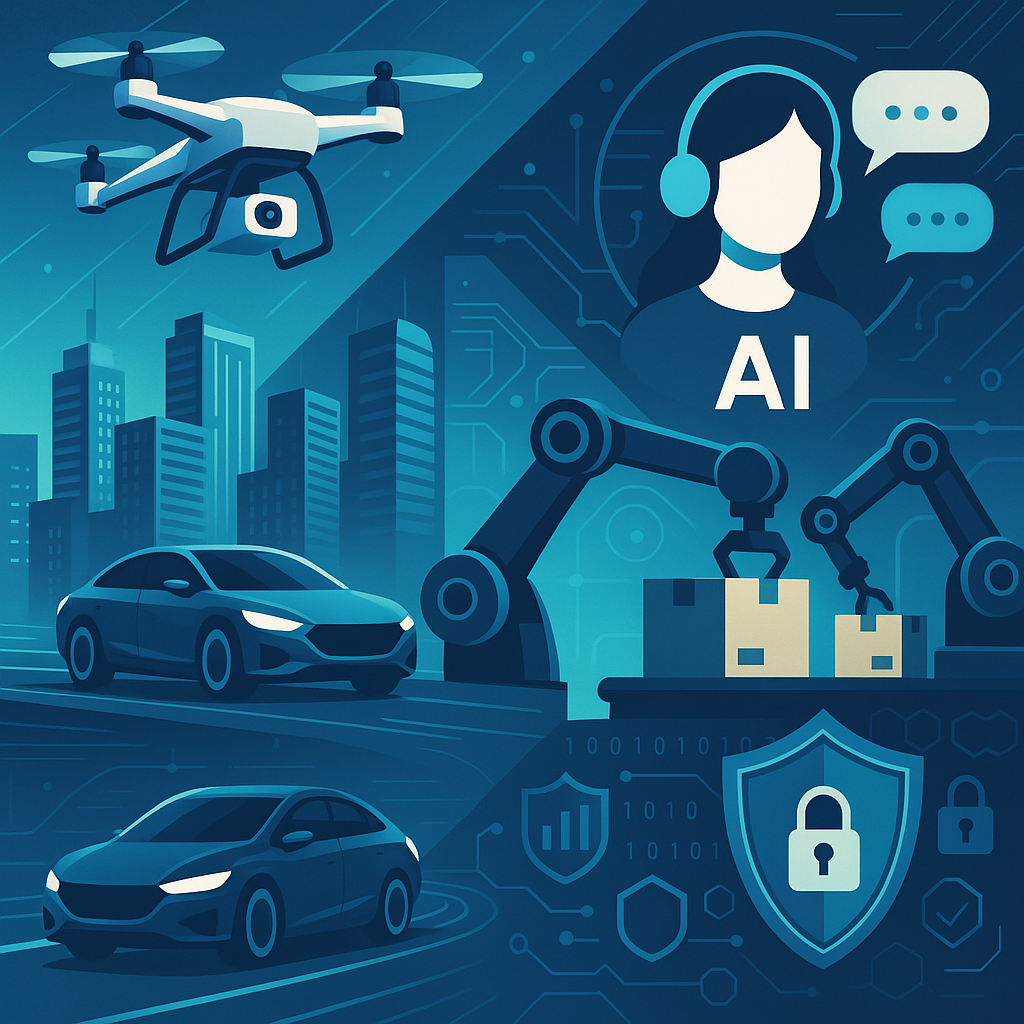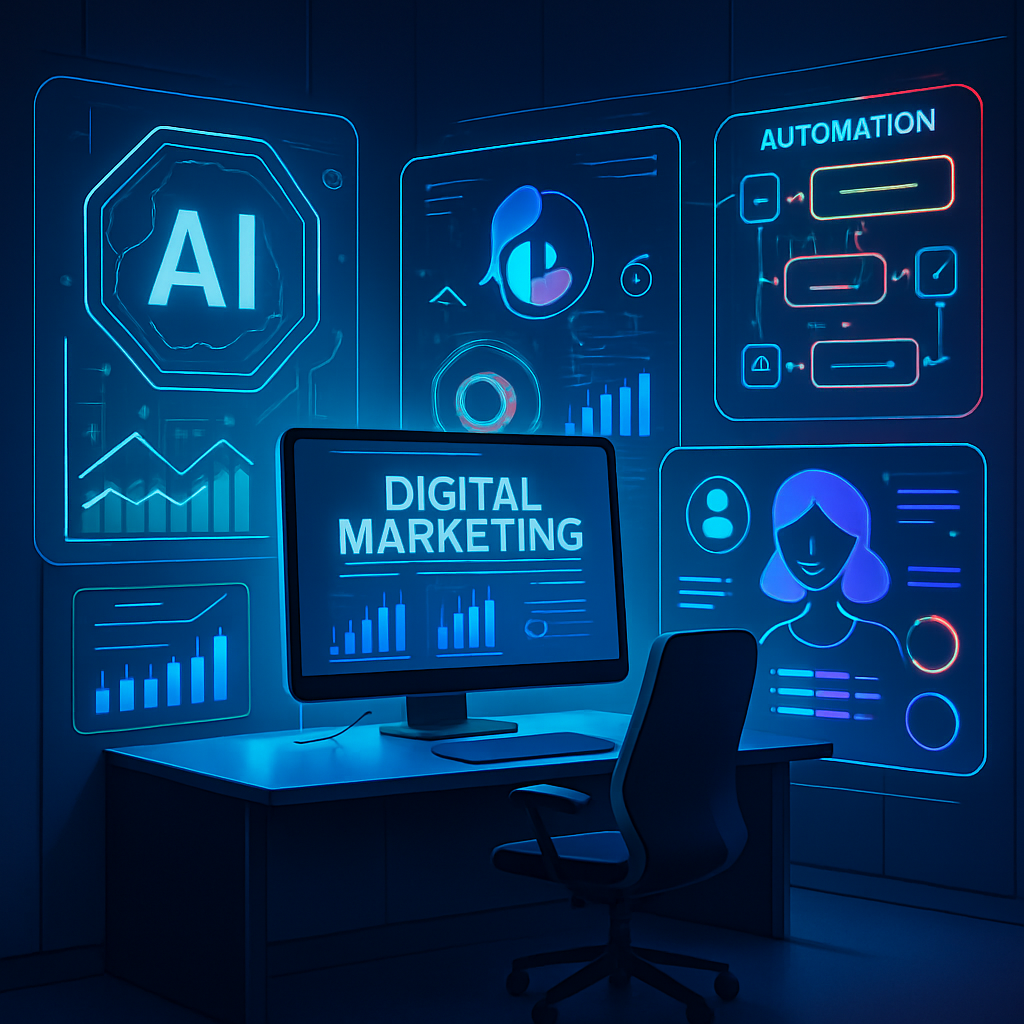
Exploring Artificial Intelligence Programs: Key Intelligent Agent Examples
Understanding Artificial Intelligence Programs and Intelligent Agents
Artificial intelligence programs encompass software systems designed to perform tasks that normally require human intelligence. These tasks include problem-solving, learning, reasoning, language understanding, and perception. Within this broad field, intelligent agents have become foundational components. Defined as autonomous entities that perceive their environment and act to achieve specific goals, intelligent agents embody AI programs in action.
AI agents can be simple scripts responding to user commands or complex systems capable of learning and adapting in dynamic environments. Their sophistication has surged, powered by advances in machine learning, natural language processing, computer vision, and edge computing technologies.
Categories of Intelligent Agents in AI Programs
1. Simple Reflex Agents
These agents operate using condition-action rules. They respond to current percepts without considering history. Although limited, they perform well in stable, predictable environments. Example: A thermostat adjusting temperature based on sensor readings.
2. Model-Based Reflex Agents
They maintain internal state information to handle partially observable environments. These agents track past inputs to improve decisions. Example: Self-driving cars maintaining a map of their surroundings.
3. Goal-Based Agents
These agents focus on achieving specific objectives and consider future actions' consequences. Example: Chess algorithms plotting multiple moves ahead to win games.
4. Utility-Based Agents
Beyond goals, these agents maximize a utility function to measure satisfaction or performance. They evaluate trade-offs and optimize outcomes. Example: Personalized recommendation engines balancing relevance and novelty.
5. Learning Agents
Learning agents improve their performance based on experience, enabling adaptation to new data over time. Example: Virtual assistants enhancing their responses through user interactions.
Illustrative Examples of Artificial Intelligence Programs Using Intelligent Agents
Virtual Personal Assistants
Examples include Apple’s Siri, Google Assistant, and Amazon Alexa. These AI programs utilize learning agents combined with natural language processing to comprehend spoken commands, contextualize queries, and execute tasks such as scheduling, searching the web, or controlling smart home devices.
Behind the scenes, these agents process vast data inputs, apply speech recognition, and adapt through machine learning models that improve accuracy with continued use.
Autonomous Vehicles
Self-driving cars are complex AI programs comprising multiple intelligent agents. They use model-based reflex agents to perceive traffic environments via sensors like lidar and cameras, goal-based agents to plan routes safely, and utility-based agents to optimize passenger comfort and energy efficiency.
These cars combine AI with real-time processing to navigate unpredictable urban settings, a testament to AI program sophistication.
AI-Powered Customer Service Bots
Modern customer support bots exemplify intelligent agents that engage users via chat interfaces. Utilizing goal-based and learning agents, they understand inquiries, retrieve relevant information, and refine responses through feedback loops. These programs reduce reliance on human agents and enhance 24/7 service availability.
Fraud Detection Systems
Financial institutions deploy AI programs with utility-based agents to detect suspicious activities. By analyzing transaction patterns in real-time, these agents assign risk scores and trigger alerts. Their ability to learn evolving fraud tactics improves protection quality continually.
Recommendation Engines
Platforms like Netflix, Spotify, and Amazon deploy recommendation systems powered by utility-based and learning agents. These AI programs analyze user preferences, item characteristics, and interaction histories to suggest personalized content or products that maximize engagement and satisfaction.
Emerging Frontiers and Advanced AI Agent Programs in 2025
As of 2025, hybrid AI agents combining multiple learning techniques and embedded with ethical decision frameworks are rising. Notable developments include:
- Multi-agent Systems: Collaborative intelligent agents that negotiate and cooperate to solve complex problems, such as supply chain optimization or disaster response coordination.
- Explainable AI Agents: Programs that provide transparent reasoning behind decisions, important for sectors like healthcare and legal services.
- AI Agents in Edge Computing: Autonomous agents operating on edge devices, enabling real-time interactions with minimal latency, critical for smart cities and industrial IoT.
Challenges and Considerations in AI Program Deployment
Despite tremendous progress, deploying intelligent agents raises challenges including:
- Data Privacy and Security: Agents often rely on personal and sensitive data, requiring rigorous protection mechanisms.
- Bias and Fairness: AI programs can inadvertently perpetuate biases in decision-making, necessitating ongoing audits and improvements.
- Explainability: Understanding how agents arrive at conclusions remains difficult, affecting trust and compliance.
- Robustness and Adaptability: Agents must handle unexpected scenarios gracefully without catastrophic failures.
Conclusion: The Transformative Impact of Intelligent Agents in AI Programs
Artificial intelligence programs featuring intelligent agents are at the heart of the digital transformation shaping industries and everyday life. From personalized virtual assistants enhancing convenience to autonomous vehicles revolutionizing mobility, these AI agents deliver dynamic, adaptive, and context-aware capabilities.
Looking forward, continuous innovation is expanding agent intelligence, striving for ethical frameworks and transparency that align AI developments with human values. As AI programs evolve, their roles as intelligent agents will grow ever more integral in powering smart environments, informed decisions, and efficient workflows across sectors.







